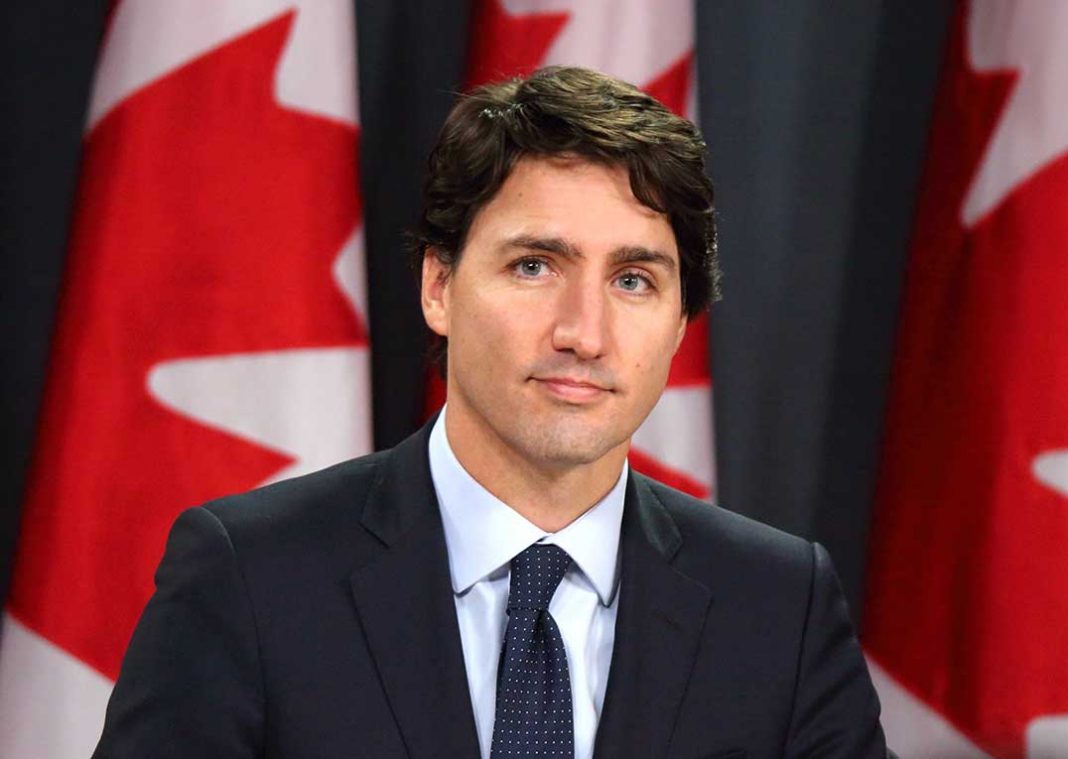CANADA – The dust has finally settled on one of the closest elections in recent memory and the results have come in largely as predicted by the polls, with the Liberal Party forming a minority government. A majority was denied to Justin Trudeau’s government largely due to a resurgent Bloc Quebecois, who experienced a meteoric rise in the final days of the campaign, and a lack of the collapse of Jagmeet Singh’s NDP predicted in the early days of the campaign.
In a strange departure from tradition, Conservative leader Andrew Scheer began his concession speech before Mr. Singh had finished his, but in fairness, Mr. Singh was taking a singularly long time to complete his remarks. Prime Minister Trudeau then cut in over Mr. Scheer’s remarks. Perhaps a harbinger of things to come in this minority government.
Prime Minister Trudeau began his remarks by noting that Canadians had rejected the politics of division and cuts in favour of a progressive agenda that focusses on making life more affordable, tackling climate change and “getting guns off our streets.”
Mr. Scheer had barely gotten through his thanks to his team and the electors of his riding before the CBC cut in to Mr. Trudeau’s speech. In remarks later picked up, Mr. Scheer noted that his party had garnered a larger share of the popular vote than the victorious Liberals.
Mr. Singh said that his party would focus on people and a “constructive role in Parliament.”
If there is a big winner in the national election results it would have to be the NDP—which, although the party lost some ground, particularly in Quebec, has found itself in possession of the balance of power. The Bloc Quebecois also has plenty of cause for celebration in the election results, coming back into relevance after nearly being given up for dead following the last election in 2015.
The clear losers in the 2019 election were the Conservatives under Andrew Scheer, for whom the long knives were already rumoured to be whispering out of backroom sheathes even before the ballots were being cast; and Maxime Bernier, whose People’s Party of Canada failed to win a single seat, including his own (which he won as a Conservative with a plurality of more than 20,000 votes in the last election).
To form a majority any party had to secure 170 seats. As of press time Monday night, the standings were 156 seats for the Liberals with 33 percent of the vote, 122 seats for the Conservatives with 34.5 percent of the vote, Bloc Quebecois with 32 seats and 7.8 percent of the vote, the NDP with 24 seats and 15.9 percent of the vote, the Green Party with three seats and 6.4 percent of the vote and one independent.
Jody Wilson-Raybould, whose very public spat with the prime minister and his office over SNC Lavalin heralded the decline in Prime Minister Trudeau’s personal popularity, managed to secure her Vancouver Granville seat by reasonable margin, while her friend Jane Philpott came in third behind the Liberals’ Helena Jaczek and the Conservatives’ Theodore Antony but besting the NDP’s Hal Berman by a 3-1 margin.



